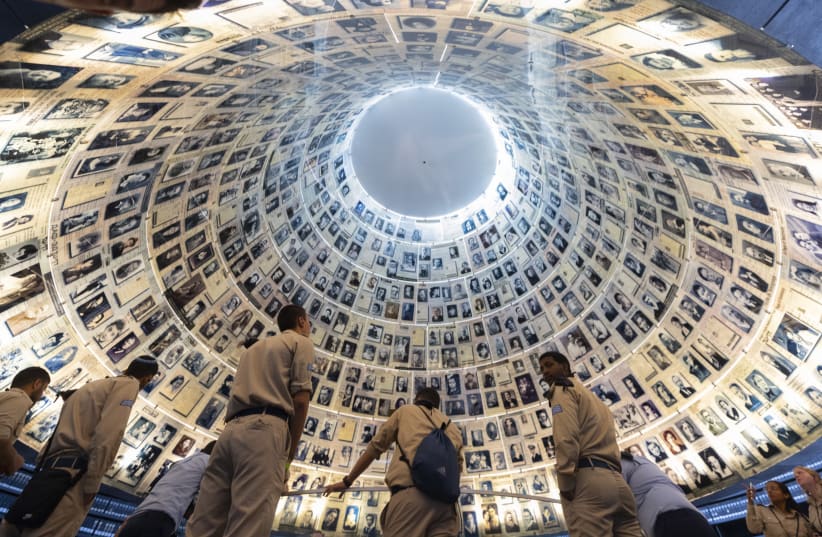Recently, Israel commemorated Holocaust Remembrance Day. It's important to note the current role of tech which helps perpetuate the memories of the survivors and pass on their crucial messages to future generations.
Over the years, most testimonies of Holocaust survivors have been preserved in outdated formats like video and recordings which can't be accessed by the general public.
The Verbit company, which developed artificial intelligence-based transcription technology, has worked in collaboration with the Claims Conference in order to accurately transcribe thousands of minutes of survivor testimony.
Verbit restores Holocaust evidence with new AI-based tech
Verbit developed a new tech to clean up background noise that made it possible to renew 40-year-old recordings and saved evidence that can't be reproduced. This allows more evidence to be preserved accurately and quickly.
Transcribing testimonies ensures that their stories are preserved and accessible for future generations. Also, this project will enable the translation of the survivors' testimonies into different languages which will allow their stories to be viewed by various international audiences.
"As the population of Holocaust survivors dwindles, the level of accuracy of the transcripts is essential for us to be able to protect the integrity of their stories for future generations." Tom Livne, founder and CEO of Verbit, explained.
"For me, this kind of cooperation is a national mission and I'm very proud that Verbit is taking part in it. We believe that this will make it possible to protect and preserve the testimonies of the survivors, and to reveal their stories to a larger global target audience in a variety of languages."
CyberWell is the first database of its kind in the world that gathers information about antisemitism in the online space, open to the public and is updated regularly and in real-time.
CyberWell uses data management and AI modalities to collect expressions of hate in the digital space and on social networks, with the aim of showing a true and clear picture of the anti-Semitic discourse on the web.
CyberWell CEO Tal Or Montemayor explains that recently the web has been inundated with antisemitic expressions said by celebrities on social networks, whose lenient content practices allow this to happen.
The company aims to make social networks take responsibility to improve the digital future of Jews in particular, and internet users in general.
Virtual tours of Auschwitz death camp
AppsFlyer, which develops cloud technologies and tools for data analysis, initiated and leads a unique project with the staff at the Auschwitz-Birkenau Memorial and the company Disk-In, which makes it possible to conduct guided virtual tours of the Auschwitz-Birkenau death camp.
This is an innovative project that aims to make the possibility to visit the camp on a live guided tour accessible for visitors from around the world.
Liron Yochai Or, head of corporate social responsibility at AppsFlyer, stated that this project started with the goal of making the place and history as alive and accessible as possible for people without the physical, economic or emotional means to go to Auschwitz.
This is certainly not a substitute for visiting the place, but the fact is that many young people in Israel and from around the world won't visit. The goal is to reach the eyes of millions of people worldwide and make sure that the atrocities that took place there aren't forgotten.
AppsFlyer uses tech to transfer a tour with the aid of a guide who walks the place live, combined with testimonies of survivors, photos, and relevant sound clips.
This way we can adapt the means of Holocaust education for future generations who won't get to hear first-hand testimonies from our Holocaust heroes who are fewer and fewer among us every day.


